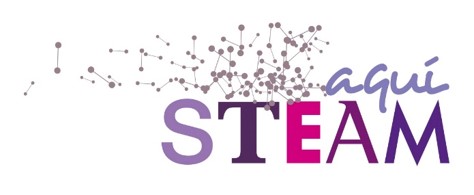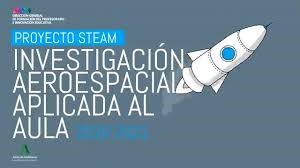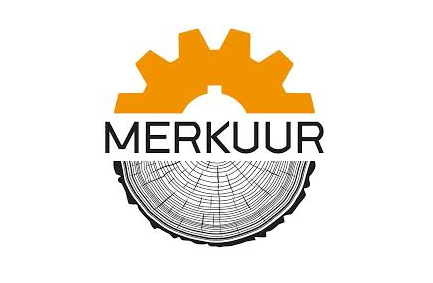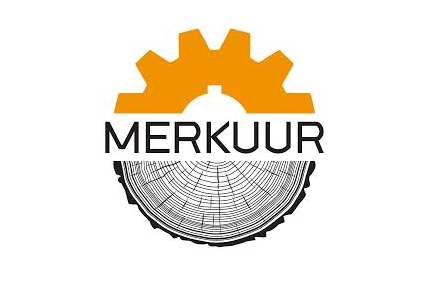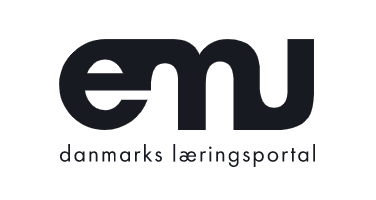STEAMcat (pedagogical innovation programme)
The STEAMcat pedagogical innovation program is a programme of the Government of Catalonia aimed at implementing the ojbectives of the STEAMcat plan (regional STEM strategy of Catalonia). Through teacher training, the programme develops 'STEAM centres' and projects (3 year duration), with the ultimate objective of increasing STEM uptake among young people (in particular girls and other underrepresented groups).
The STEAMcat pedagogical innovation program (from here on: 'STEAMcat') is the first project launched within the STEAMcat plan, focused on (STEM) teacher training and assessing and improving STEM skills among students in primary and secondary education.
The STEAMcat plan is an initiative ('regional STEM strategy') of the Catalan Government that responds to the current shortages / labour market demands in specific sectors related to science and technology. The plan seeks to promote STEM among young people, especially girls, groups at risk of social exclusion and with a low socio-economic background. STEAMcat was developed by a working group made up of representatives of the Department of Education (coordinator) the Department of the Presidency (Secretariat for Telecommunications, Cybersecurity and the Digital Society), the Department of Business and Knowledge and each of the Catalan universities. The plan was officially presented on May 31, 2017 by the heads of the aforementioned ministries.
Each academic year, the STEAMcat programme selects 40 teachers (20 primary and 20 secondary) to participate in te STEAMcat programme. Selected teachers:
- Carry out a STEAM center project for 3 years
- Receive the designation of 'driving core' within their institution
- Develop coordinating measures to coordinate actions between institutions
- Participate in peer-learning events organised by the STEAMcat community
- Collect and share activities within the project's community
- Track progress of their STEAM center annually
- Present a full evaluation of the outcome of their project
The STEAMcat pedagogical innovation supports participating schools through advice, the creation of the STEAMcat Community and by providing training and resources. Ultimately, the STEAMcat plan aims to raise STEM uptake among students in post-compulsary education by improving the perception of STEM as a career choice.
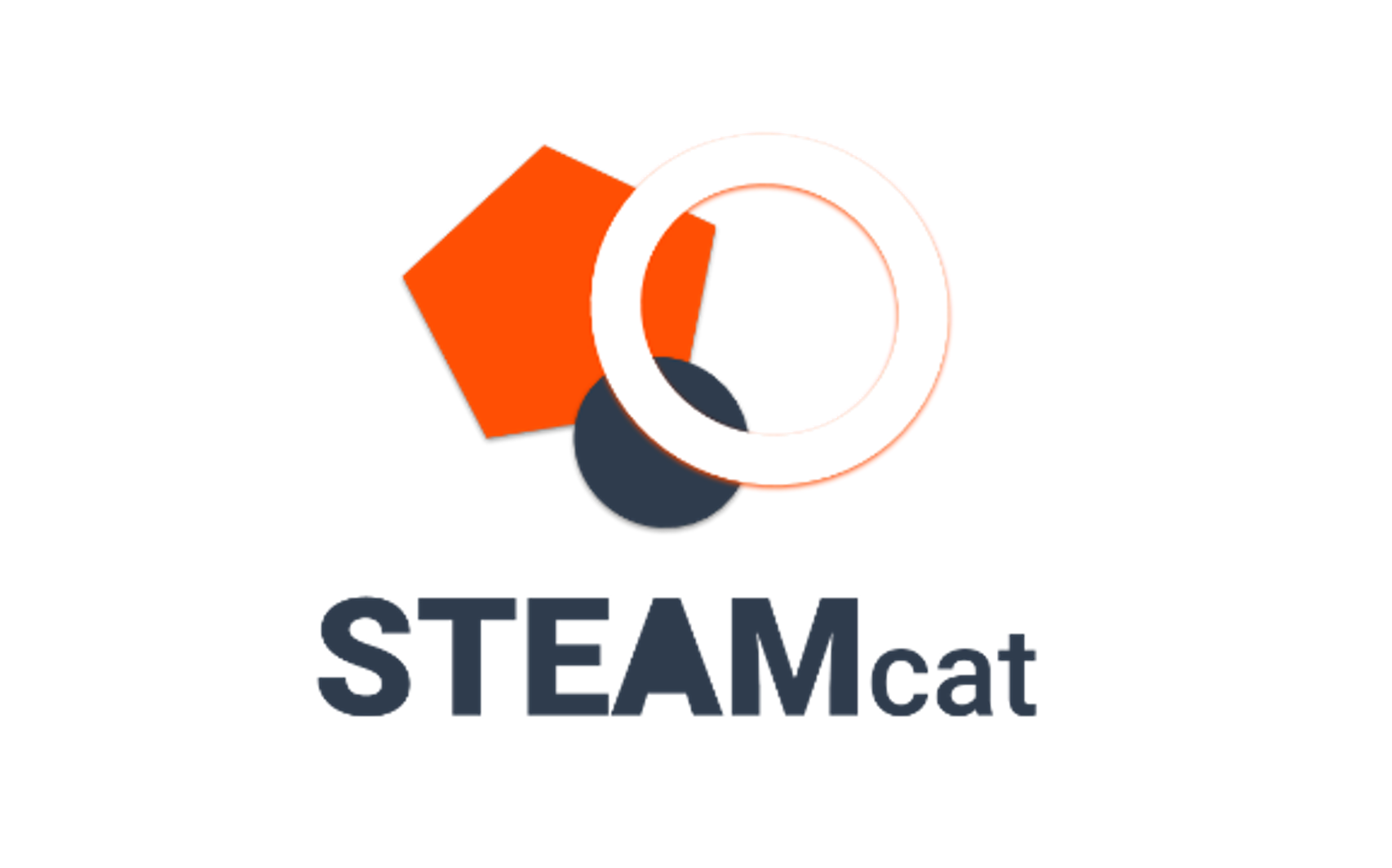
STEAM centres developed by teachers selected in the programme are evaluated systematically using the following indicators:
- Improvement of acacemic results in STM of students in participating schools
- Increased enrollment in training cycles and baccalaureates related to the STEAM areas
- Improvement in the perception of STEM careers by students (and their family) in participating schools
- Increased participation in STEAM activities
- Incorporation of student guidance in STEAM activities
- Increased number of STEAM dicactic proposals in the curricular planning of the center
- Increased number of transversal / interdisciplinary learning methodologies used in the center
- Increased number of partnerships between participating schools and external agents (e.g. companies) that contribute to the project
Projects / centres are evaluated on individual bases. An overview of school projects and their results are published by the Government of Catalonia (see background documents)
Each acadmic year, the programme selects and supports 40 teachers to participate in a three year programme to develop STEAM centres.
The STEAMcat project is funded through the ordinary budgets of the participating government departments / institutions.






